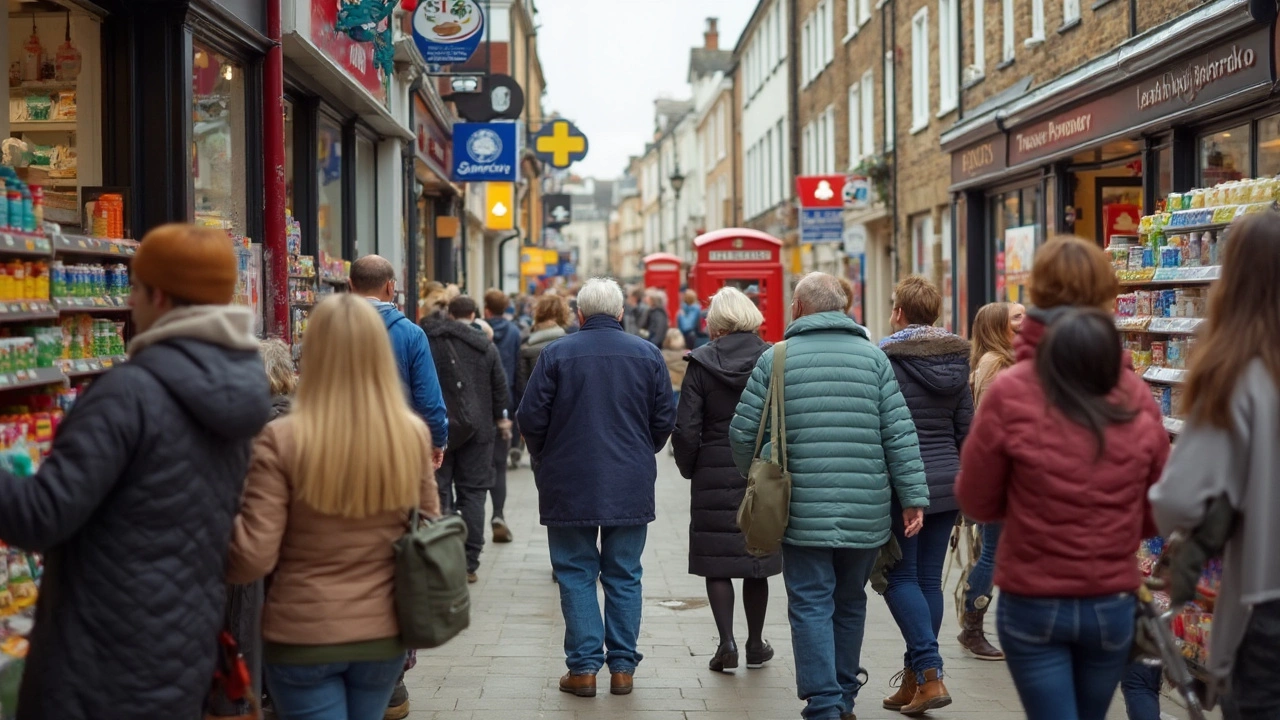Stores like CVS: Where to Find Affordable Pharmacy Options
Need a place like CVS but cheaper or more convenient? Whether you prefer a local shop, a big-box chain, or an online pharmacy, there are solid alternatives that can save you money and time. Below I explain popular options, how they differ, and quick tips to keep your prescriptions safe and affordable.
Where to look
Big-box stores like Walmart and Target run full pharmacies with low generic prices and frequent store coupons. Drugstore chains such as Walgreens or Rite Aid often match competitor prices and run loyalty programs. Local independent pharmacies sometimes offer personalized service and price-matching on generics—ask about discounts or senior rates. Grocery stores and dollar chains increasingly stock basic meds at lower prices for simple needs.
Online and mail-order options
Mail-order services and online pharmacies can cut costs when you buy a 90-day supply. Major pharmacy chains offer mail-order too, and independent certified online pharmacies often have lower prices for generic drugs. Before ordering online, check for a pharmacy license, a verified address, and secure payment options. Avoid sites that sell controlled meds without a prescription.
Want extra savings? Use prescription discount cards, manufacturer coupons, and patient assistance programs. Compare prices with tools like GoodRx or SingleCare before you buy. Ask your doctor if a generic or therapeutic equivalent is available—this can cut costs dramatically.
How fast do you need the medicine? Same-day pickup at a nearby chain is convenient, but home delivery with a few days' lead time is cheaper for maintenance drugs. Consider transfer fees and whether your insurer covers mail-order; sometimes switching to a 90-day plan through your insurer lowers copays.
Safety matters. Confirm the pharmacy is licensed in your country or state. Look for contact details and a real pharmacist phone number. Beware of prices that look too good to be true—scams often offer dangerously cheap foreign or counterfeit drugs. If unsure, call the pharmacy and ask about drug sourcing and return policies.
For chronic conditions, check if your employer or insurer offers a preferred pharmacy network—using those often reduces your out-of-pocket cost. Community health centers and 340B clinics can help eligible patients get steep discounts on prescriptions. If cost is a barrier, ask about sample packs or short-term supplies until you secure a cheaper source.
If you travel a lot, ask about transfer-friendly chains and apps let you view refills from any location. Some stores offer mobile apps with refill chats, price alerts, and pill reminders. That convenience can prevent missed doses and unexpected costs, so check app features before choosing a long-term pharmacy.
Simple habits add savings: ask for generics, request 90-day fills, enroll in loyalty programs, and price-check before each refill. Keep a written list of your meds and dosages to speed up transfers and avoid errors.
Want help picking a store like CVS near you? Browse the linked guides on this tag page for safe online buying tips, affordable drug options, and specific medication guides to compare prices and sources.
Top 10 Stores Like CVS for Affordable Health Essentials and Everyday Convenience
If you’re fed up with steep pharmacy prices or long checkout lines, you’ll want to know which stores stack up to CVS for health essentials and daily needs. This article dishes out 10 great alternative retailers—both nationwide giants and some regional gems—that match or beat CVS on price, variety, and that all-important convenience factor. Expect honest pros and cons, real cost-saving tips, and a nudge toward hidden deals you’re probably missing. Let’s face it: families like mine love ways to keep cough syrup, vitamins, and those allergy meds affordable. Here’s where you’ll actually want to shop next time you skip CVS.
Read More
